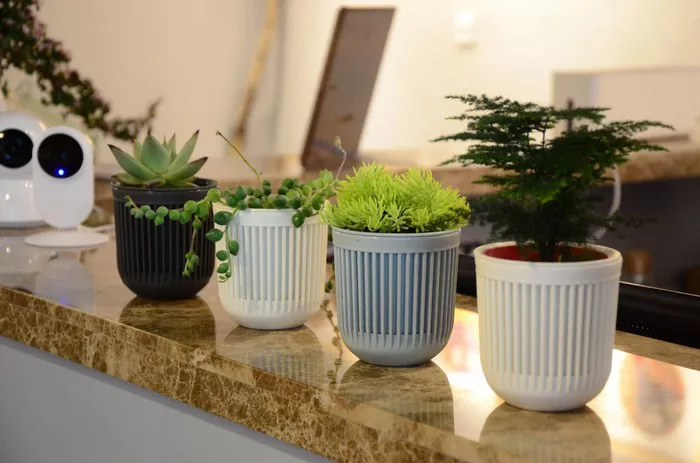The charm of a well-maintained garden can be easily marred by the presence of chipmunks that seem to have a penchant for flower pots. These small, lively rodents can quickly become a nuisance, causing damage to your plants and creating a mess. In this article, we will explore effective strategies to keep chipmunks at bay, ensuring the health and beauty of your garden.
Understanding Chipmunk Behavior:
Before delving into prevention methods, it’s crucial to understand the behavior of chipmunks. Chipmunks are small, burrowing rodents known for their curious and agile nature. They are attracted to gardens primarily for food and shelter. Flower pots, with their loose soil and potential for hiding spaces, become particularly enticing for these critters. Additionally, chipmunks are known for their love of seeds, bulbs, and tender plant shoots, making your blooming flowers a delectable treat.
Now, let’s explore various strategies to safeguard your flower pots from chipmunk invasions.
Choose Chipmunk-Resistant Plants:
Start by selecting plants that are less appealing to chipmunks. Opt for varieties that are known to be less tasty to these rodents. Plants with strong scents, prickly textures, or bitter tastes are often less attractive to chipmunks. Some examples include marigolds, daffodils, and lavender. Research chipmunk-resistant plants that thrive in your local climate and soil conditions to create a garden that is less appealing to these pests.
Use Physical Barriers:
Create a protective barrier around your flower pots to prevent chipmunks from accessing the soil and plants. Hardware cloth, a sturdy mesh made of galvanized steel, can be placed over the soil surface. This prevents chipmunks from digging and burrowing while still allowing water to reach the roots. You can also consider using wire mesh cages around individual pots or raised garden beds to deter chipmunks from reaching your prized plants.
Mulching as a Deterrent:
Chipmunks dislike certain textures, and mulching can be an effective way to make your flower pots less inviting. Coarse materials such as pine cones, gravel, or crushed eggshells can be scattered on the soil surface. Chipmunks find these textures uncomfortable to walk on, reducing the likelihood of them exploring your flower pots. Additionally, mulching helps retain soil moisture and suppress weeds, providing additional benefits to your garden.
Repellents for Chipmunk Control:
Various commercial repellents are available that can discourage chipmunks from entering your garden. These repellents often contain natural ingredients with strong odors that chipmunks find unpleasant. Consider using repellent sprays or granules around your flower pots, making sure to reapply them according to the product’s instructions. Alternatively, homemade repellents using ingredients like garlic, hot peppers, or predator urine can also be effective in deterring chipmunks.
Introduce Natural Predators:
Encouraging natural predators of chipmunks in your garden can help control their population. Birds of prey, such as hawks and owls, are known to feed on small rodents. Installing bird feeders or nesting boxes can attract these feathered hunters to your garden. Additionally, non-poisonous snakes and certain mammals, like foxes, can be natural predators that help keep chipmunk populations in check.
Maintain a Tidy Garden:
A well-maintained garden is less attractive to chipmunks seeking hiding spots and food sources. Regularly clean up fallen leaves, debris, and overgrown vegetation around your flower pots. Remove any potential nesting sites, such as woodpiles or dense shrubbery. By keeping your garden tidy, you make it less hospitable for chipmunks and reduce the likelihood of them taking up residence.
Employ Traps Humanely:
In cases where chipmunk populations become overwhelming, consider using humane traps. Live traps allow you to capture chipmunks without harming them, providing an opportunity to relocate them to a more suitable environment away from your garden. It’s important to check traps regularly and release captured chipmunks promptly to ensure their well-being.
Conclusion
Maintaining a chipmunk-free garden requires a combination of strategies that address both the attractants and behaviors of these rodents. By selecting chipmunk-resistant plants, using physical barriers, employing repellents, encouraging natural predators, maintaining a tidy garden, and using humane traps when necessary, you can create a garden sanctuary that is less appealing to these furry intruders. With a proactive and multifaceted approach, you can enjoy a flourishing garden without the disruptions caused by chipmunks in your flower pots.


